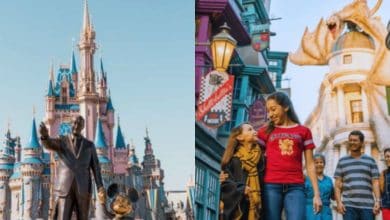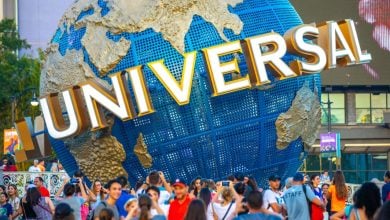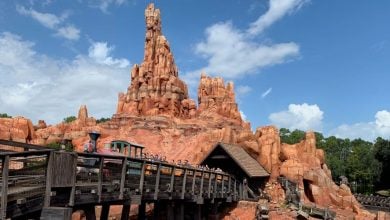There was a time when Disney didn’t hesitate to draw a line in the sand. Back in 2020, the company announced it was saying goodbye to Splash Mountain, citing the ride’s ties to the controversial Song of the South film. The company emphasized that the reimagining was about moving forward, not clinging to the past. It was framed as a firm stance, not a compromise.

Fast forward to today, and suddenly the messaging doesn’t sound so certain.
A Strange Choice of Words
At the center of the new conversation is a quote from Disney Parks Chairman Josh D’Amaro that’s raised more than a few eyebrows. Speaking about the new attraction, Tiana’s Bayou Adventure, D’Amaro said:
“We knew that our guests wanted to see more of Tiana. We knew that Splash Mountain was a popular attraction, and we thought that the merger of those two things coming together would create an unbelievable experience.”
It didn’t take long for fans to latch onto one particular word—“merger.”
Why does that matter? Because for years, Disney positioned this as a full replacement. A cultural overhaul. A reset. Splash Mountain was being retired—not repackaged.
Fans Are Not Letting It Slide
Social media erupted almost immediately. Fans pointed out that this “merger” framing feels like an attempt to soften a decision that never sat well with a big segment of Disney loyalists. The company had previously erased any notion of nostalgia or connection between the two rides. But now, it’s acting like this was always a natural evolution.

The response from some fans? Confusion. Frustration. And, yes, a bit of sarcasm.
“Call it what it is,” one fan wrote. “You didn’t merge anything. You replaced something people loved.”
A New Story or a PR Band-Aid?
It’s not lost on anyone that Tiana’s Bayou Adventure uses the same ride system and flume layout as Splash Mountain. But everything else—from the characters to the music and storyline—is brand-new. The tone has shifted completely. So why call it a “merger” now?

Some see this as Disney trying to win back goodwill after a polarizing few years. Others see it as a strategic reframing that avoids admitting missteps. Either way, the internet doesn’t forget.
If Disney hoped this new wording would smooth things over, it may have done the opposite. The damage control isn’t fooling anyone—especially not the fans who are still grieving the ride they lost.





